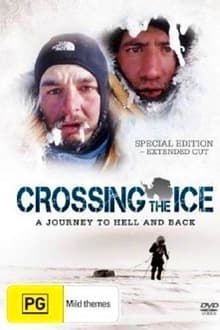
James Castrission and Justin Jones, dare to not only tackle the perilous journey across Antarctica to the South Pole and return, but to do it completely unassisted – no sled dogs, no wind kites, just two men dragging their food, their shelter and themselves across 1140 kilometres of barren ice. And back again. As they battle frostbite, hypothermia, crevasses and starvation over three months of torture in the harshest place on Earth, Cas and Jonesy discover their limits, the nature of sportsmanship and the boundaries of the human spirit.
You May Also Like
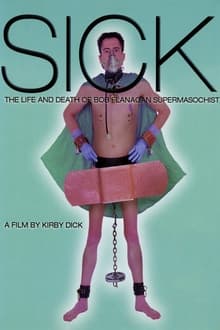
The story of Robert Flanagan, a man who was born with cystic fibrosis and told he wouldn’t live past 20, who through a unique odyssey of masochism, art and love found a way to live decades past his expiration date.

Not Available

With credits including Strictly Ballroom, Muriel’s Wedding, The Dish, Moulin Rouge!, Romeo + Juliet and Road to Perdition Jill Bilcock is regarded as one the world’s great film editors. Axel Grigor’s hugely entertaining documentary traces Bilcock’s journey from Melbourne film student in the 1960s to working as an extra in Bollywood movies and learning her craft when Australia had virtually no feature film industry. Bilcock’s cheeky charm and illuminating appearances by key collaborators make this a must-see for film lovers.
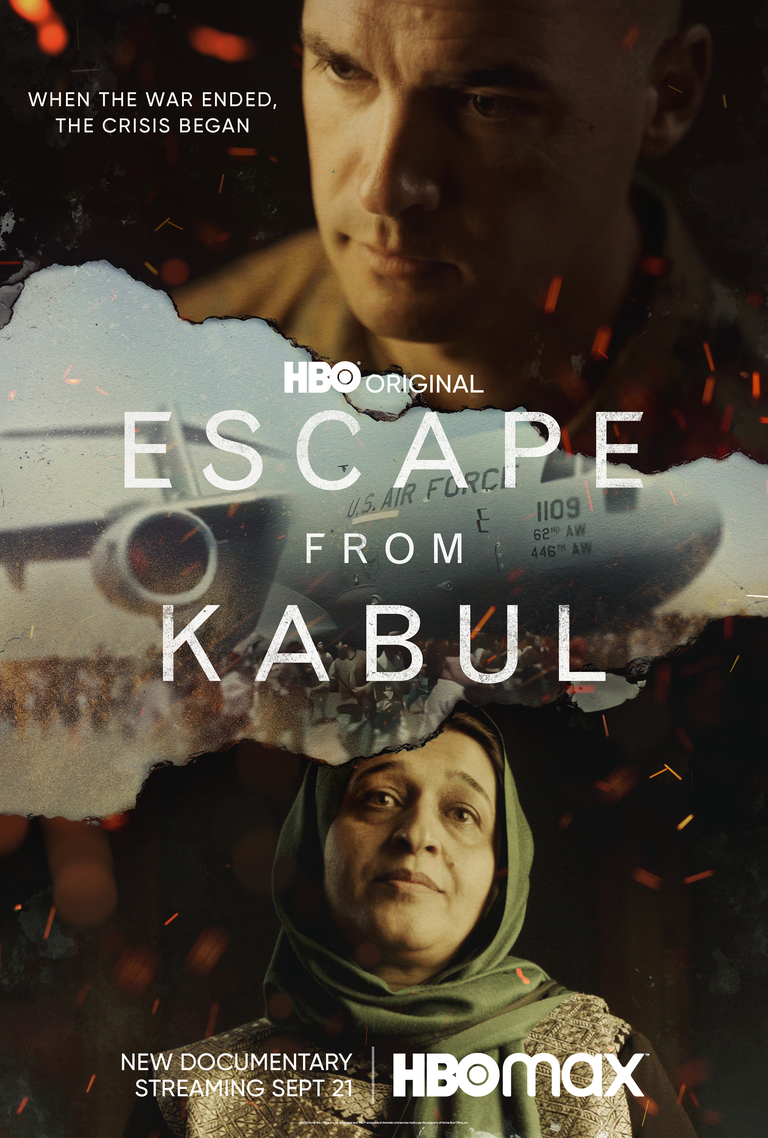
Unfolding over 18 monumental days in August 2021, this deeply immersive and emotional documentary combines never-before-seen archival footage from those on the ground at the airport with exclusive interviews with people who were there throughout the period, including Afghan citizens attempting to flee, U.S. Marines tasked with managing the evacuation, and Taliban commanders and fighters who had recently taken the city.
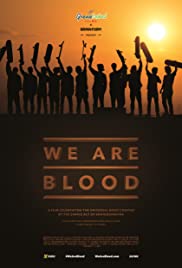
We Are Blood is a modern day skate epic featuring Paul Rodriguez and other top skateboarders as they travel the globe pushing the limits of what’s possible on a board and four wheels while celebrating the unconditional bond created by the simple act of skateboarding. Shot on location in Brazil, China, Dubai, and the United States.
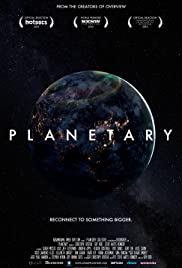
Planetary presents a stunning visual portrait of our Earth, taking us on a journey across continents: from the African savannah to the Himalayas, and from the heart of Tokyo to the view of our fragile planet from orbit. Through intimate interviews with a diversity of people, from NASA astronauts and environmentalists to philosophers and Tibetan lamas, the film explores our shared future. It suggests that the key to transforming our civilisation lies in an understanding that all life is inseparably interconnected, and that we cannot change the world unless we change the way we see ourselves, our planet, and the wider cosmos we are embedded within.

In the history of sports, few names are more recognizable than that of Evel Knievel. Long after the man hung up his famous white leather jumpsuit and rode his Harley into the sunset, his name is still synonymous with the death-defying lifestyle he led. Notoriously brash, bold, and daring, Knievel stared death in the face from the seat of his motorcycle, but few know the larger-than-life story of the boy from Butte, Montana.
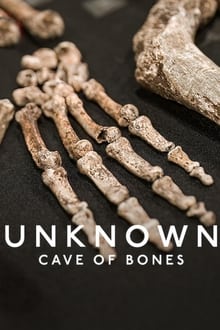
Journey to South Africa’s Cradle of Mankind, where Paleoanthropologist Lee Berger has found the world’s oldest graveyard — which is not human. If Lee and his team can prove that this ancient, small brained, ape-like creature practiced complex burial rituals, it will change everything we know about hominid evolution and the origins of belief.

Thousands of Ukrainian children, some of them orphans, were taken to Russia after the war started. Many were sent to recreational camps in Russia by their parents to escape the shelling; they were then stuck there, sometimes for months, waiting for their mothers to bring them back. Others were fostered into Russian families, led to believe that Russia had saved them after their parents had abandoned them. This remarkable doc explores the journey of these children, and the parents trying to bring them home.

Eight student eyewitnesses from Stuyvesant High School in New York City recount their experiences of the Twin Towers attack on September 11, 2001, who as young teenagers, found themselves fleeing debris in the heart of the danger zone and faced with a harrowing journey home.


The fourth film in Alanis Obomsawin’s landmark series on the Oka crisis uses a single, shameful incident as a lens through which to examine the region’s long history of prejudice and injustice against the Mohawk population.